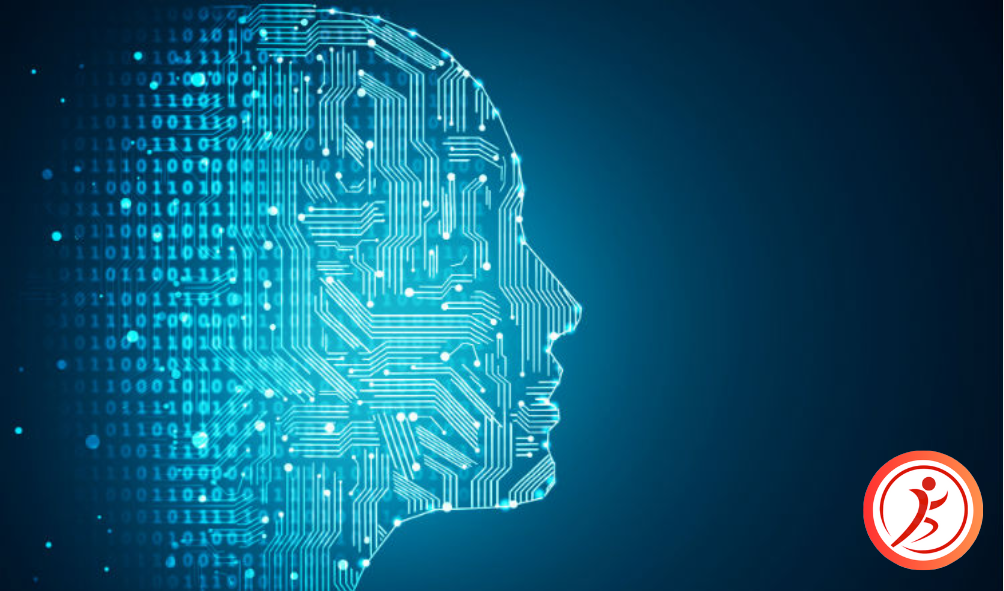What is Information Technology?
Table of Contents
Information Technology (IT) refers to the use of computer systems, storage, networking, and other physical devices, infrastructure, and processes to create, process, store, secure, and exchange all forms of electronic data and information. IT encompasses a wide range of technologies, including hardware, software, networks, and databases, and it plays a crucial role in modern businesses, organizations, and daily life.
IT professionals work with various technologies to ensure that information is managed, processed, and communicated effectively. This can include tasks such as developing software applications, managing databases, maintaining network infrastructure, providing technical support, and implementing security measures to protect data.
In summary, Information Technology is a broad field that encompasses the use of technology to manage and process information, and it is essential for the functioning of businesses, communication, and various aspects of modern society.
Why Do We Need Information Technology?
Information technology (IT) is essential for a variety of reasons. It enables efficient communication, data storage, and data processing, which are crucial for businesses, organizations, and individuals. IT also facilitates automation, streamlines processes, and enhances productivity. Additionally, it plays a vital role in innovation, research, and development across various industries. Furthermore, IT enables global connectivity, making it easier for people to access information, collaborate, and conduct business on a global scale. Overall, information technology is integral to modern society, driving progress and enabling a wide range of activities and services.
What Are Information Technology Services?
Information technology services encompass a broad range of activities and support related to technology and information systems. These services can include:
1. Technical support:
Providing assistance with hardware, software, and network issues to ensure smooth operations.
2. Network management:
Managing and maintaining computer networks, including security, performance optimization, and troubleshooting.
3. Software development:
Creating and maintaining custom software applications to meet specific business needs.
4. Data management:
Handling data storage, retrieval, security, and analysis to support decision-making and business operations.
5. Cloud services:
Offering access to computing resources, storage, and applications through cloud-based platforms.
6. Cybersecurity:
Protecting systems, networks, and data from unauthorized access, breaches, and cyber threats.
7. IT consulting:
Providing expertise and guidance on technology strategy, implementation, and optimization.
8. Infrastructure management:
Overseeing the hardware, software, and facilities necessary for IT operations.
These services are essential for businesses and organizations to effectively leverage technology, manage their information systems, and ensure the security and reliability of their IT infrastructure.
Types of Information Technology
Information technology encompasses a wide range of technologies and systems. Some common types of information technology include:
1. Networking:
This involves the design, implementation, and management of computer networks, including local area networks (LANs), wide area networks (WANs), and the internet.
2. Hardware:
This includes the physical components of computer systems, such as processors, memory, storage devices, and input/output devices.
3. Software:
This refers to the programs and applications that run on computer systems, including operating systems, productivity software, and specialized applications for various industries.
4. Cybersecurity:
This involves protecting computer systems, networks, and data from unauthorized access, cyber attacks, and other security threats.
5. Cloud computing:
This technology allows users to access and store data and applications over the internet, rather than on local hardware.
6. Data management:
This includes the storage, organization, and analysis of large volumes of data, often using databases and data analytics tools.
7. Internet of Things (IoT):
This technology connects physical devices and objects to the internet, allowing them to collect and exchange data.
8. Artificial intelligence and machine learning:
These technologies enable computers to perform tasks that typically require human intelligence, such as speech recognition, decision-making, and problem-solving.
These are just a few examples of the many types of information technology that are used in various industries and applications.

What Does Information Technology Do In Business?
Information technology (IT) plays a crucial role in modern business operations. It enables businesses to streamline processes, improve efficiency, and make better decisions. Some key functions of IT in business include:
1. Communication:
IT facilitates communication within and outside the organization through email, instant messaging, video conferencing, and collaboration tools.
2. Data Management:
IT helps businesses store, organize, and analyze large amounts of data, leading to better insights and informed decision-making.
3. Automation:
IT enables businesses to automate repetitive tasks, increasing productivity and reducing human error.
4. Security:
IT helps protect sensitive business data and systems from cyber threats through the implementation of security measures and protocols.
5. Customer Relationship Management (CRM):
IT systems can manage customer interactions, track sales, and improve customer service.
6. E-commerce:
IT enables businesses to conduct online transactions, manage online stores, and reach a global customer base.
7. Decision Support:
IT provides tools for data analysis, forecasting, and modeling, aiding in strategic decision-making.
Overall, information technology is essential for businesses to stay competitive, adapt to changing market conditions, and meet the evolving needs of customers and stakeholders.
Benefits of IT in Business
Information technology (IT) offers numerous benefits to businesses, including:
1. Improved Efficiency:
IT systems automate processes, streamline operations, and enhance productivity, allowing businesses to operate more efficiently.
2. Enhanced Communication:
IT facilitates communication within and outside the organization through email, instant messaging, video conferencing, and collaboration tools, leading to better teamwork and decision-making.
3. Data Management:
IT enables businesses to collect, store, and analyze vast amounts of data, providing valuable insights for informed decision-making and strategic planning.
4. Cost Savings:
IT can help reduce operational costs through automation, virtualization, and cloud computing, leading to lower infrastructure and maintenance expenses.
5. Competitive Advantage:
IT enables businesses to stay ahead of the competition by implementing innovative technologies, improving customer experiences, and adapting to market changes more effectively.
6. Global Reach:
IT allows businesses to expand their reach and operate on a global scale through e-commerce, online marketing, and remote work capabilities.
7. Security:
IT helps businesses protect their data and systems through cybersecurity measures, ensuring the confidentiality, integrity, and availability of critical information.
8. Customer Relationship Management:
IT systems enable businesses to manage customer relationships more effectively through customer databases, analytics, and personalized marketing strategies.
Overall, integrating IT into business operations can lead to increased productivity, cost savings, improved decision-making, and a competitive edge in the market.




